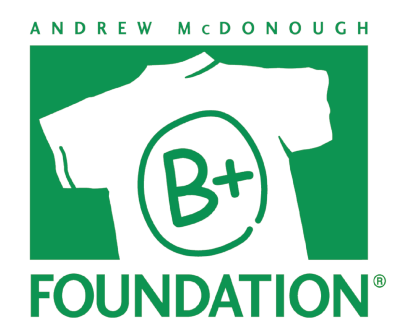Epigenetic targeting of radiation resistant medulloblastoma
Dr. Michael Goldstein – Johns Hopkins University, Baltimore MD
Medulloblastoma is the most common malignant pediatric brain tumor. It has been categorized into four subgroups based on genetic and transcriptional profiling. Group 3 tumors have the worst outcomes, with a 5-year survival rate of less than 50%. Thus, there is a critical need to develop new treatment strategies for this highly malignant subgroup. Importantly, radiotherapy resistance is a major driver of tumor relapse and poor outcomes in medulloblastoma. To date, molecular pathways determining radiotherapy response in medulloblastoma remain unknown. We have uncovered that histone H3 lysine 27 tri-methylation is an epigenetic marker of radiation response in medulloblastoma. We demonstrate that loss of tri-methylation that occurs in 47% of group 3 and 4 tumors is associated with radiation resistance, high relapse rates and poor overall survival. Mechanistically, radiotherapy resistance is caused by an overactivation of pro-survival signaling in trimethylation-deficient medulloblastoma. We hypothesize that an epigenetic shift from histone H3 lysine 27 trimethylation to acetylation alters the transcriptional profile, thus up-regulating pro-survival signaling and inducing radiation resistance in tri-methylation-deficient cells. Our findings establish a framework for a mechanistic investigation of radiation resistance in medulloblastoma. Further, we propose restoring radiation response in these tumors by targeting hyperacetylation with epigenetic drugs. Using mouse models of tri-methylationdeficient group 3 medulloblastoma we will determine an optimal regimen of epigenetic agents suitable for clinical targeting of radiation resistance. Collectively, our work will provide new insights into medulloblastoma biology and develop a personalized treatment approach based on the epigenetic features of the tumor.

